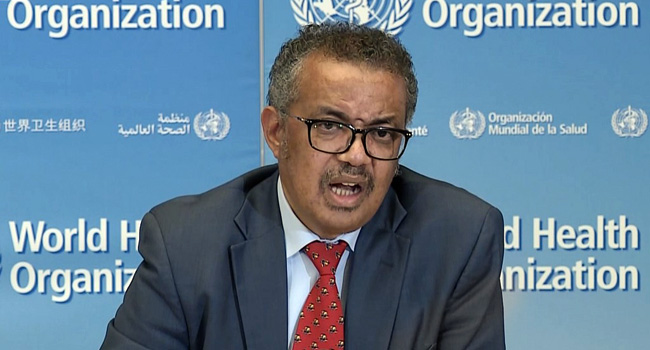
Infertility, a reproductive condition that affects both men and women, refers to the inability to achieve pregnancy after 12 months or more of unprotected sexual intercourse. The World Health Organization (WHO) has recently disclosed that approximately one in six people globally suffer from this condition.
The WHO report, signed by Director-General Tedros Adhanom Ghebreyesus on April 4, analyzed studies on infertility from 1990 to 2021. The findings revealed that 17.5% of the adult population experience infertility at some point in their lives, with no significant difference between high, middle, and low-income countries.
The report highlights that infertility is a universal issue and affects people regardless of their social and economic backgrounds. It calls for greater access to fertility care and for health policies to prioritize infertility diagnosis and treatment options like in vitro fertilization (IVF), which is currently underfunded.
The report’s ultimate goal is to ensure that safe, effective, and affordable ways of achieving parenthood are available to everyone affected by infertility, emphasizing the need to address this important issue in health research and policy.






![[Gospel Music] Eldia - Deborahs Rise 6 eldia deborahs rise](https://naijamixed.com.ng/wp-content/uploads/2025/02/IMG-20250201-WA0020.jpg)

























